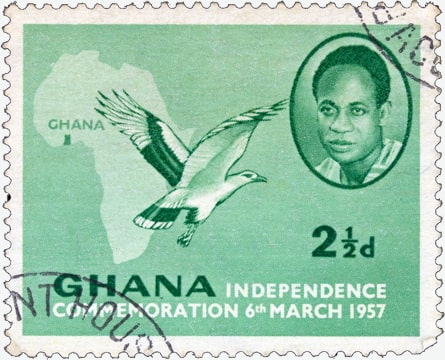

The Pack contains associated resources for the learning experience, typically in the form of articles and videos. There is a teacher Pack (with only teacher information) and a student Pack (which contains only student information). As a teacher, you can toggle between both to see everything.
Here are the teacher pack items for Decolonization in Africa:


Overview In this experience, students watch a short video of how malaria affected the colonization of Africa and brainstorm other diseases that have impacted world history. Then they examine various independence movements across Africa. Next they analyze how South Africa and Zimbabwe had a different colonial experience, and they compare and contrast it to the colonization of Kenya. Finally they analyze how the short history of Biafra reflects arbitrary borders drawn by European colonizers. Objectives
On the continent of Africa in the nineteenth and into the twentieth centuries, freedom and independence were not elements of life for most residents. Instead, the majority of the continent was controlled by European colonizers. But during the twentieth century, changes were on the way.
Objectives

One reason that Africa was colonized later than the other continents was because of a disease called malaria. Malaria is caused by a parasite, and it is spread by mosquitoes in tropical areas. The Europeans had no natural immunity against malaria, so settling in sub-Saharan Africa was very risky, and many of them died.
Watch this short video, Herbs And Empires: A Brief History Of Malaria Drugs.Name another disease that has an impact on world history. Be prepared to explain your answer.
Possible answers:
